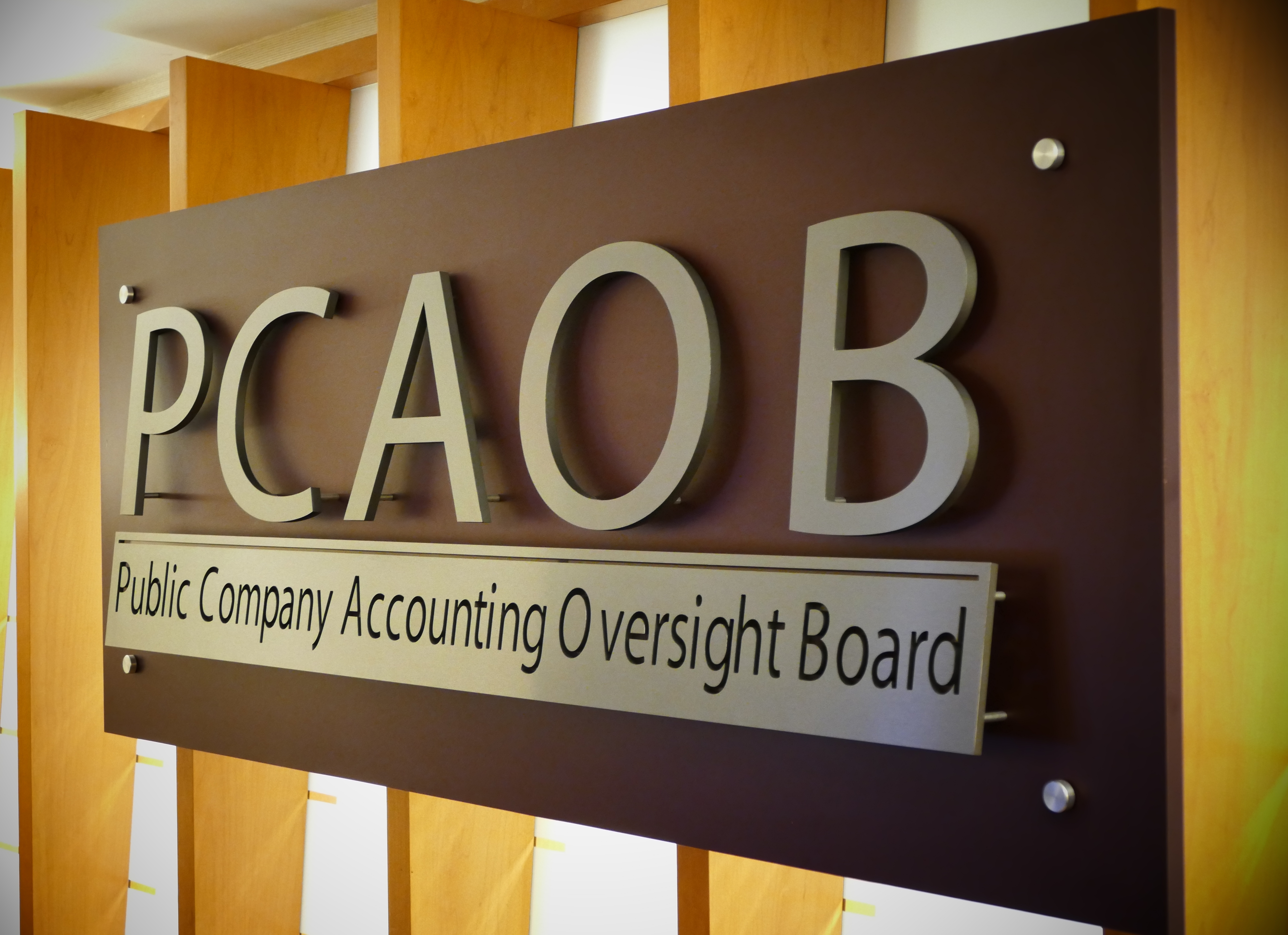Audit firms have taken a number of steps to meet the challenges of the COVID-19 pandemic, according to a new report from the Public Company Accounting Oversight Board providing insights into recent PCAOB inspections.
The spotlight publication, “Staff Observations and Reminders During the COVID-19 Pandemic,” highlights select staff observations from recent inspections of reviews of interim financial information and audits. The report found auditors are conducting audits in accordance with PCAOB and other professional standards and rules despite complications from the coronavirus crisis.
“Consistent with our strategic objective to conduct inspection activities that facilitate more timely and relevant feedback to our stakeholders, we adjusted our 2020 inspections approach to learn how the COVID-19 crisis is impacting audits,” said PCAOB chairman William Duhnke in a statement. “We encourage auditors to review this spotlight, which discusses the lessons we learned, as they plan and conduct audits and reviews of interim financial information in the current environment.”
The publication outlines a number of early steps audit firms took to address COVID-19. These included: enhanced communication to continue upholding professional standards; training sessions for performing audits in a remote environment; a focus on consultation or in some cases supplemental consultation requirements; and modifying monitoring programs to target engagements in industries particularly affected by COVID-19.
The report also notes increased interaction and communication from engagement teams with firm leaders, personnel and audit committees, in many cases due to COVID-19 related issues. Other trends the PCAOB found among engagement teams was the consideration of various methodologies to establish materiality in response to changes in key metrics for both their interim financial information reviews and in planning audit procedures, along with the expanded use of fraud and forensics specialists in their brainstorming sessions or planning. Engagement teams also generally began planning for inventory and observations early in the audit process. And among the communication tools engagement teams used in their newly remote environments were virtual meetings, screen-sharing tools and instant messaging.
The insights in this publication follow up on the information provided in PCAOB’s April 2020 Spotlight, “COVID-19: Reminders for Audits Nearing Completion,” which included reminders about adhering to the professional responsibilities of auditors despite recent challenges.
“In the current environment, due to the impact of COVID-19 and the transition to remote working arrangements, auditors may have to perform procedures beyond those historically performed to obtain the requisite knowledge,” states the new publication. “As the U.S. Securities and Exchange Commission (SEC) staff has noted, the accounting and financial reporting implications of COVID-19 may require public companies to make significant judgments and estimates that can be challenging in an environment of uncertainty.”
The publication goes on to note circumstances where additional inquiries or the performance of other procedures are necessary. It also addresses a number of other topics including risk assessment and materiality, internal control over financial reporting, accounting estimates, auditor independence, and supervision, staffing and review.